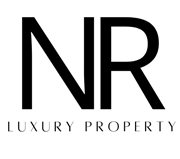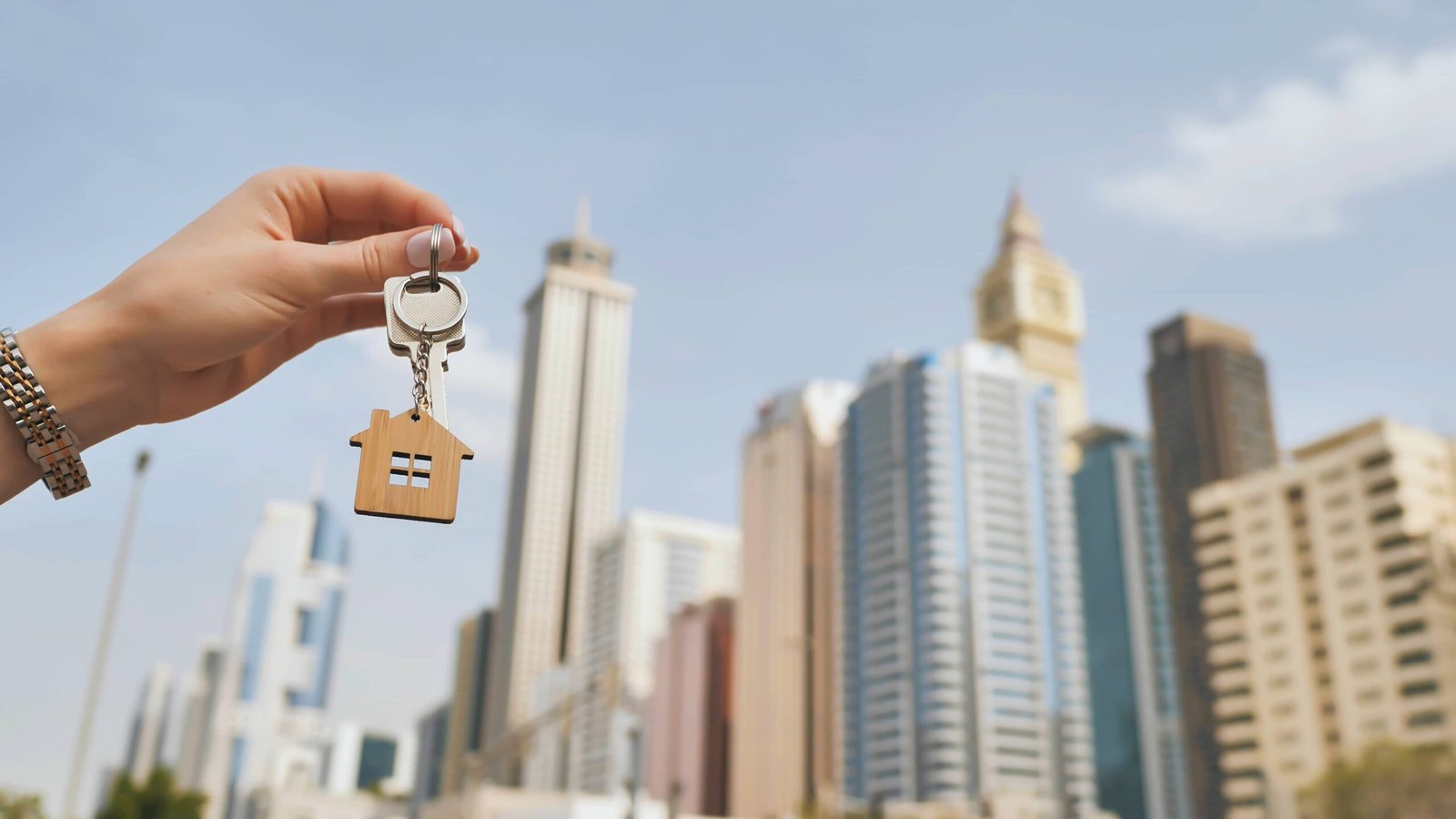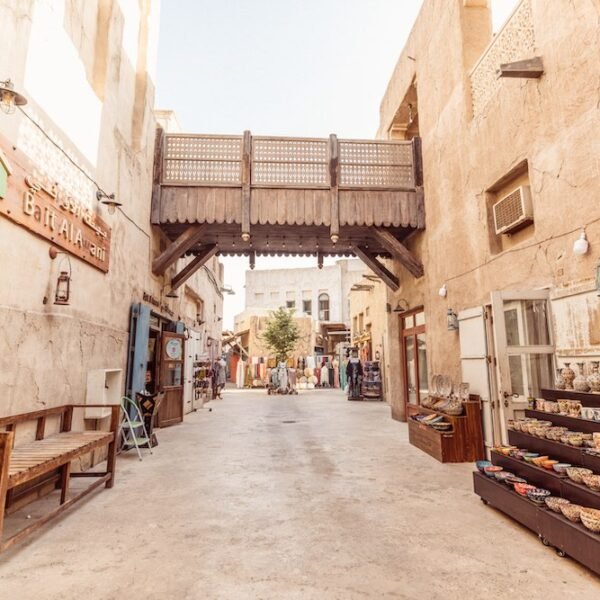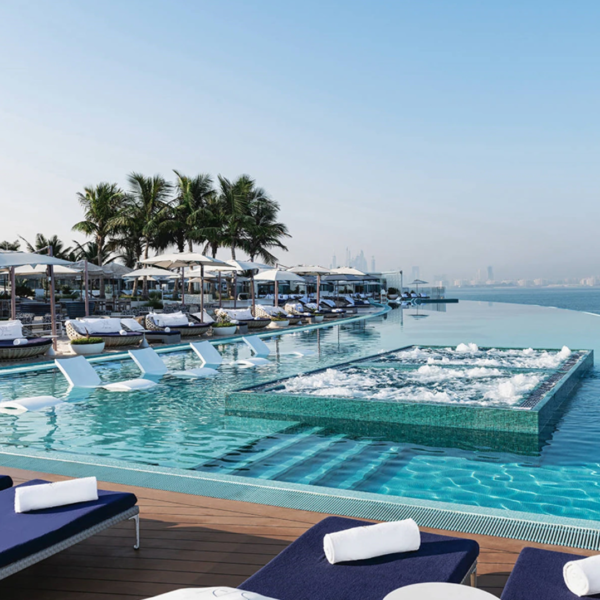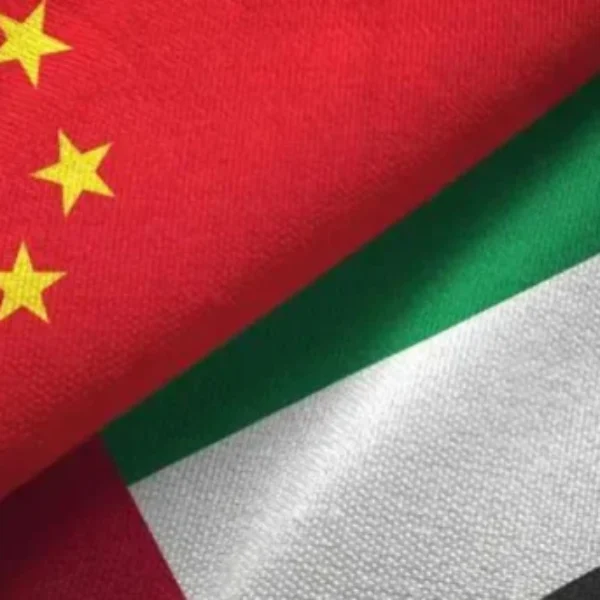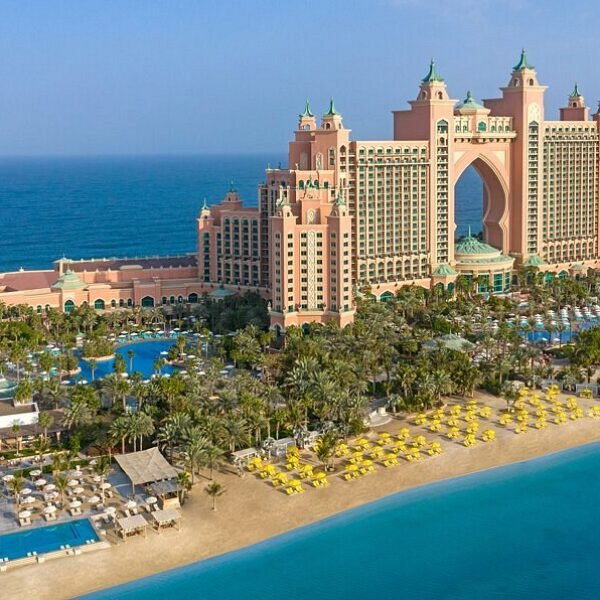The UAE is currently considered to be among the most prestigious countries. The Emirates pays close attention to the development of its real estate market. Such attentiveness attracts potential foreign investors and buyers since it offers them considerable benefits.
Types of Properties in the UAE
All property types can be categorised into two groups: residential and commercial. The residential properties include:
- apartments;
- villas;
- duplexes;
- penthouses;
- townhouses.
The commercial properties consist of:
- showrooms;
- offices;
- factories;
- commercial buildings and floors;
- lands and plots.
Residential Properties
This is a popular way of property investment in the UAE since there is a wide range of both affordable and luxurious variants in the real estate market. The thing to keep in mind is that there is a set of rules if the property is bought by a non-UAE resident. However, there is a way to claim full ownership over the property if it is purchased in the special freehold zones located in Abu Dhabi, Sharjah and Dubai.

In other cases, the only option is to have tenancy – own a physical object for up to 99 years but not the plot it is situated on.
Apartments
Apartments are one of the more popular units in the real estate market. This type of property is widespread in the UAE, ranging from a small studio to multi-bedroom options. The price of the apartment depends on whether the place is furnished, the number of bedrooms and the presence of amenities that come along. There are companies such as NR Luxury Property that have a wide range of options available for potential buyers.
Villas
Villas are usually independent single-level houses built on a predetermined plot. However, you can find variants on the property market with an adjacent wall to the next villa. The defining feature of this kind of property is its higher maintenance. Villas often have a garden, a patio or a pool. There are two types of development formed by this property type: compounds and communities.
Townhouses
Townhouses are houses with many floors and one or more walls with adjacent properties. Each of them has a separate entrance, regardless of the number of shared walls. In case of having adjacent walls, a common driveway is often constructed. The cost is formed with the consideration of the present amenities, the number of bedrooms and the place of construction. There are a number of available townhouses on the companies’ databases. You can look into various options NR Luxury Property has to offer.
Getting a Property in the UAE
Property ownership rules are different for every emirate. Knowing the laws will aid in the purchase of a suitable property.
Abu Dhabi is one of the places where non-UAE residents can own apartments and villas. There are 9 zones where such property is available. The real estate purchase process is governed through 4 systems, including:
- Musataha contracts – through them, expat buyers purchase the right to use, alter and construct within the purchased property for a designated time period of up to 50 years with an extension option reached by the mutual agreement of the parties for the same time period as the original Musataha.
- Ownership deeds – an ownership deed of a purchased residential unit for up to 99 years is given. Excluding land ownership, foreign buyers can have purchased apartments and villas at their full disposal.
- Usufruct – allows non-UAE owners to own residential property for more than 99 years and use it without its alteration.
- Long-term lease – is initially made for at least 25 years.
Dubai has a system similar to Abu Dhabi’s. There are approximately 50 freehold zones in Dubai. Permission from the Dubai Land Department is required. The number of freehold zones makes Dubai a more forgiving place to purchase property.

Sharjah has stricter rules for owning property. There are 3 designated freehold areas where the purchase of a residential unit is available. In other cases, an usufruct of up to 100 years is made after registering in the Real Estate Registration Department.
Regardless of the emirate, there are common rules that are necessary to keep in mind:
- To purchase real estate in the UAE, foreign investors need to receive permission from the Ministry of Finance and Economy;
- When purchasing real estate, a foreign investor must pay a property transfer tax of 4% of its value.
- When selling real estate, foreign investors are also required to pay a capital gains tax of 15% of the total sale price.
Benefits of Owning a Real Estate in the UAE
There is a range of advantages for people who own a real estate in the UAE:
- Price growth – the real estate sphere remains to be the one with an increasing demand from investors and buyers. Due to that, the prices are also increasing.
- Renting out an object – it brings the yield of up to 8%, allowing for tourists, foreign specialists, or business representatives to provide a mean of an additional or main income.
- Purchasing real estate in the UAE entitles you to obtain a residence permit in the country.
- A forgiving taxation – it is required to pay taxes only in case of buying or selling a property. The tax is usually divided equally between the parties.
If a buyer gets their purchased real estate into full ownership, they become eligible for obtaining the UAE Golden Visa. Depending on the property purchase cost, it is granted for 2 or 10 years.
A 10-year Visa is available if the buyer purchased real estate units for at least 545,000$. It is applied if the buyer is the sole owner of the property. The investment sum isn’t influenced by their family’s composition.
A 2-year Visa is given if the investor has bought the real estate for 204,000$. The ownership may be divided between the two spouses, but in this case, the cost of purchased property in order to be eligible for the application of the visa increases up to 272,000$.
The Golden Visa obtaining takes at least 2 months, during which the following measures are taken:
- The first Due Diligence – the investor and members of his family are checked whether they are present in various international criminal databases. This allows to evaluate risks and chances of getting a visa.
- Getting a 6-month visa and preparing necessary documents – they are translated and notarised according to the emirate’s legislation. The visa is necessary to enter the UAE.
- Purchasing of the chosen property.
- A medical checkup – the applicants are checked whether dangerous contagious are present in order to prove their adequate health condition.
- The main Due Diligence – the biometrics are given at this stage; the considering of the application after this point takes up to 7 days.
New and Secondary Property Markets in the UAE
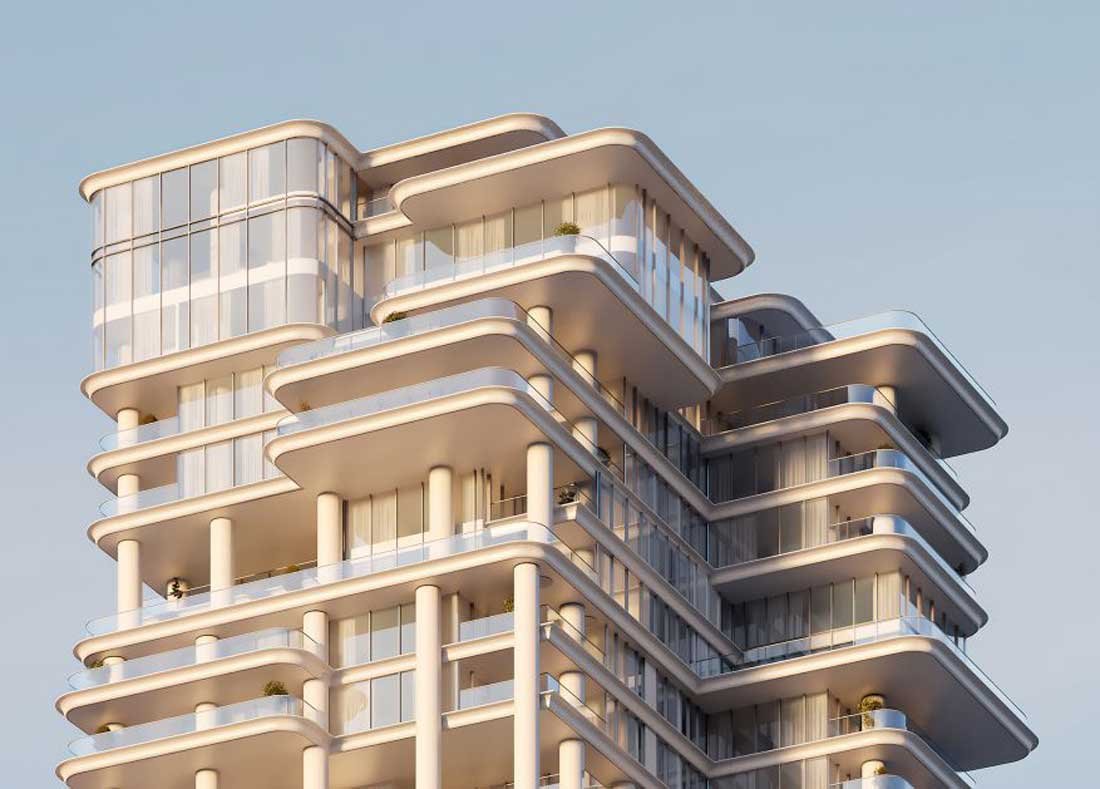
NR Luxury Property and other companies offer to buy newly built, under-construction or resale properties. Every type has its own advantages and disadvantages that are necessary to keep in mind while choosing a suitable option.
Resale properties are easier to obtain in terms of tangibility. The potential buyer sees what he is going to purchase. It includes the surroundings, constructed amenities and neighbours. However, additional expenses may be required in order to repair and renovate the place.
A newly-built property is constructed with the consideration of modern trends and techniques. It includes space optimisation and energy efficiency. You can also acquire a property under construction. It is important to remember that the project might be abandoned or changed, which makes this option less reliable.
Taxation in the UAE
Upon getting a new real estate, a buyer has to pay the following taxes and fees:
- Transfer tax is paid in equal parts by the buyer and the seller, is 2% in Abu Dhabi and 4% in Dubai;
- Registration fee is a fixed sum of 545$ if the property is cheaper than 137,000$ and 1,090$ if the deal is more expensive;
- Administration fees for tax payment and issuing a certificate of ownership are fixed at 147$ and 68$, respectively.
In case of purchasing a commercial property unit, buyers are to pay a 5% VAT. At the same time, there is no annual or rental income taxation.
The utility costs depend on the size of the property and present amenities. For instance, Internet costs may reach 100$, whereas the basic utilities maintenance for an 85m2 apartment is 160$ per month.
